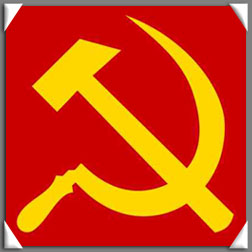
Padilla clarified that the government had never announced an indefinite postponement of the talks. “We had acknowledged in press interviews that it would be difficult to hold talks in light of the preconditions where the NDFP continues to demand the release of all their political prisoners before the talks could carry on,” he said.
“There is nothing seen from the NDFP’s side that would show a remotely vague aspiration for peace,” he said, referring to released statements of the CPP which called for intensified armed struggle by launching bigger and more frequent tactical offensives.
Padilla emphasized that despite the challenges and roadblocks, the government will not be the first one to leave the negotiating table.
He said soon after the first formal panel-to-panel talks in Oslo in February last year, preparations were underway for a drafting of a Comprehensive Agreement on Socio-Economic Reforms by both sides, to be followed by an exchange of drafts and formal discussion in talks scheduled for June. The next formal talks would then follow in September. The June talks were at the level of reciprocal working committees of the two groups, but the rebels called off the talks on the ground that no prisoners had been released.
Padilla said communist rebels conveniently left out the fact that JASIG-protected individuals would be released for formal talks, not talks at the committee level, and would be “subject to verification” as stated in the Oslo Joint Communiqué in February.
It said the government had already released five of NDFP’s priority consultants after going through proper court proceedings as part of confidence-building measures. However, two of the five were reported to have resumed underground work, contrary to the agreement that JASIG serves to provide free movement to those participating in the peace process at the level of formal talks.
